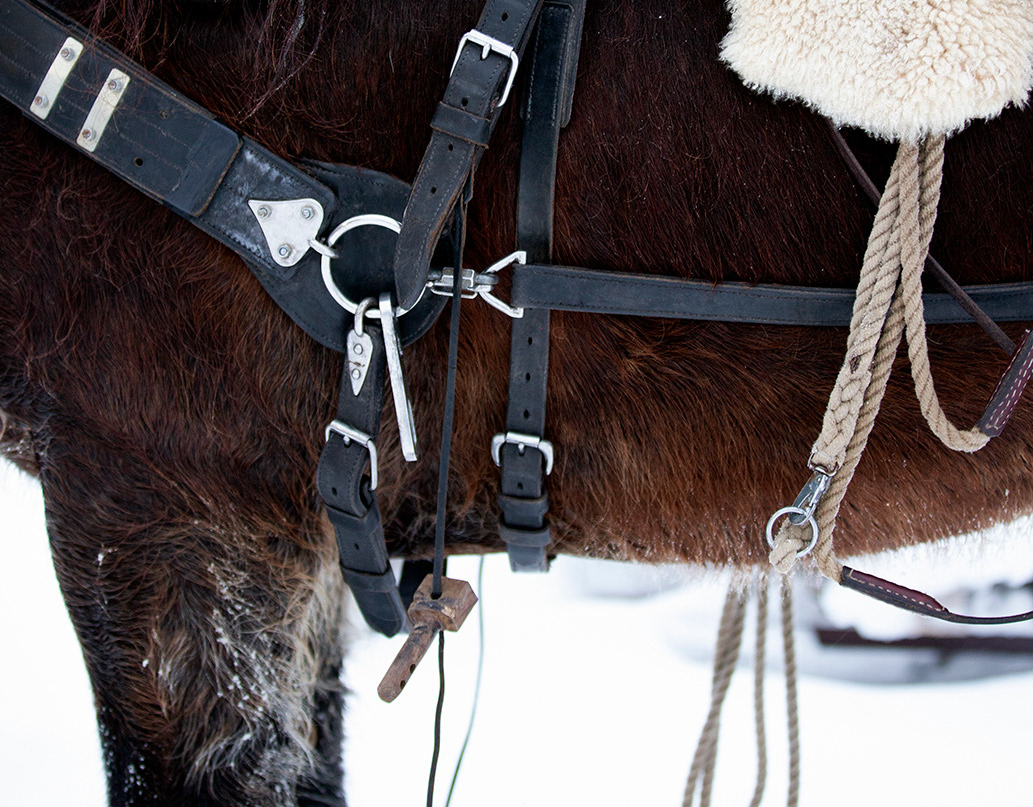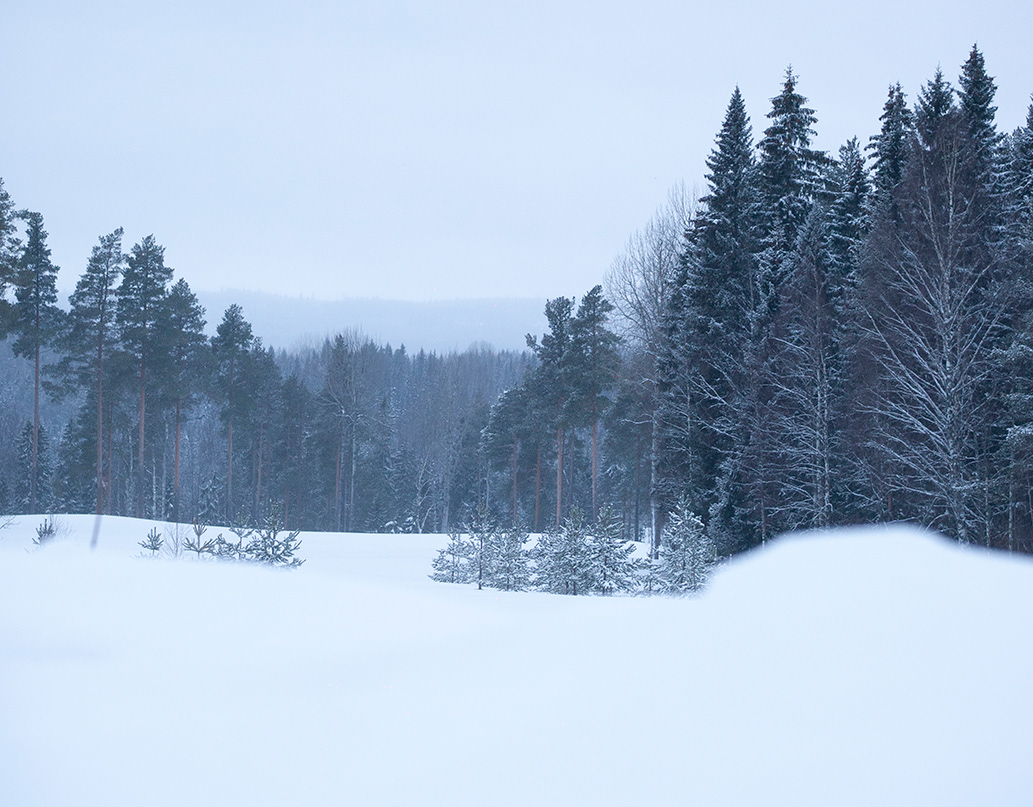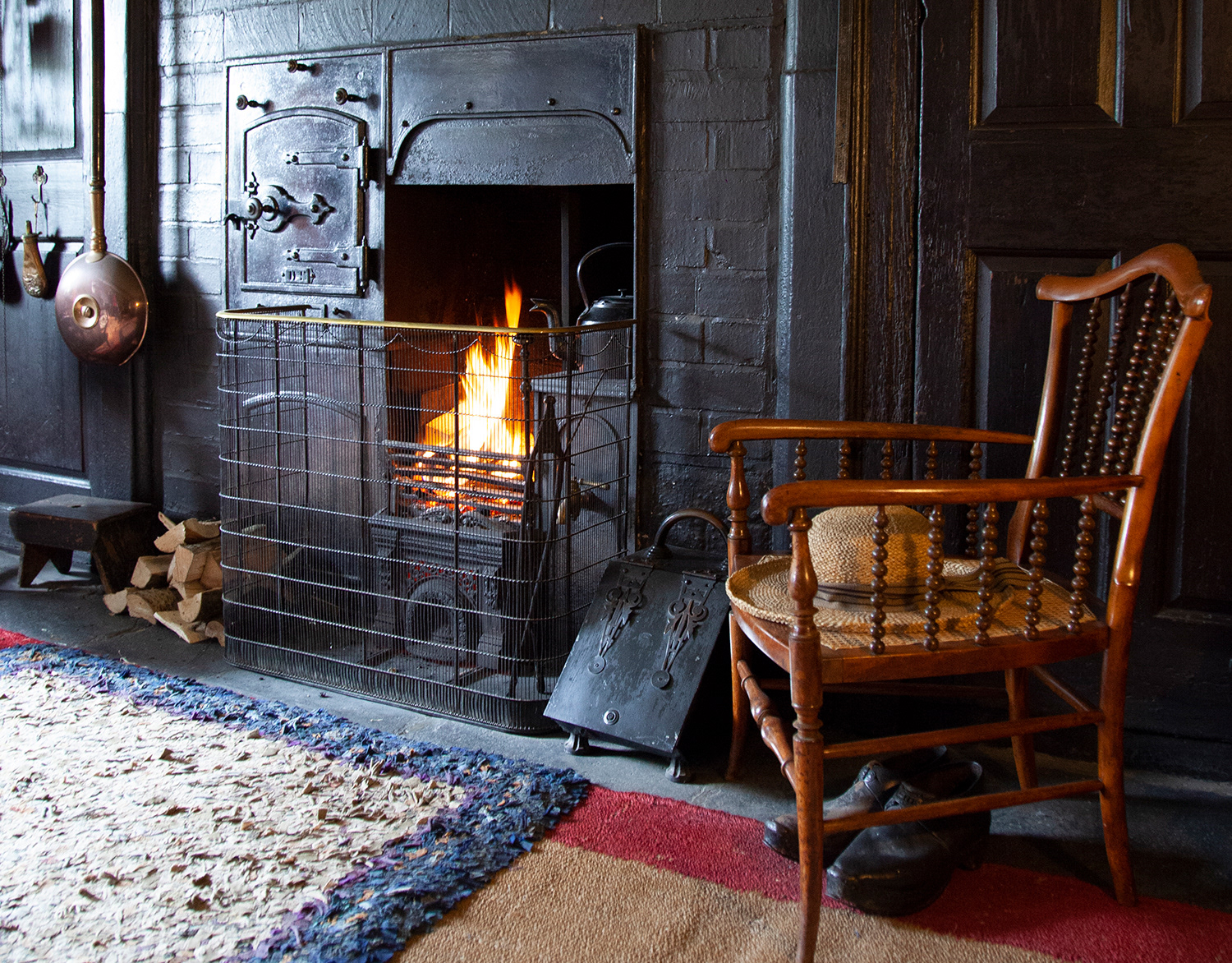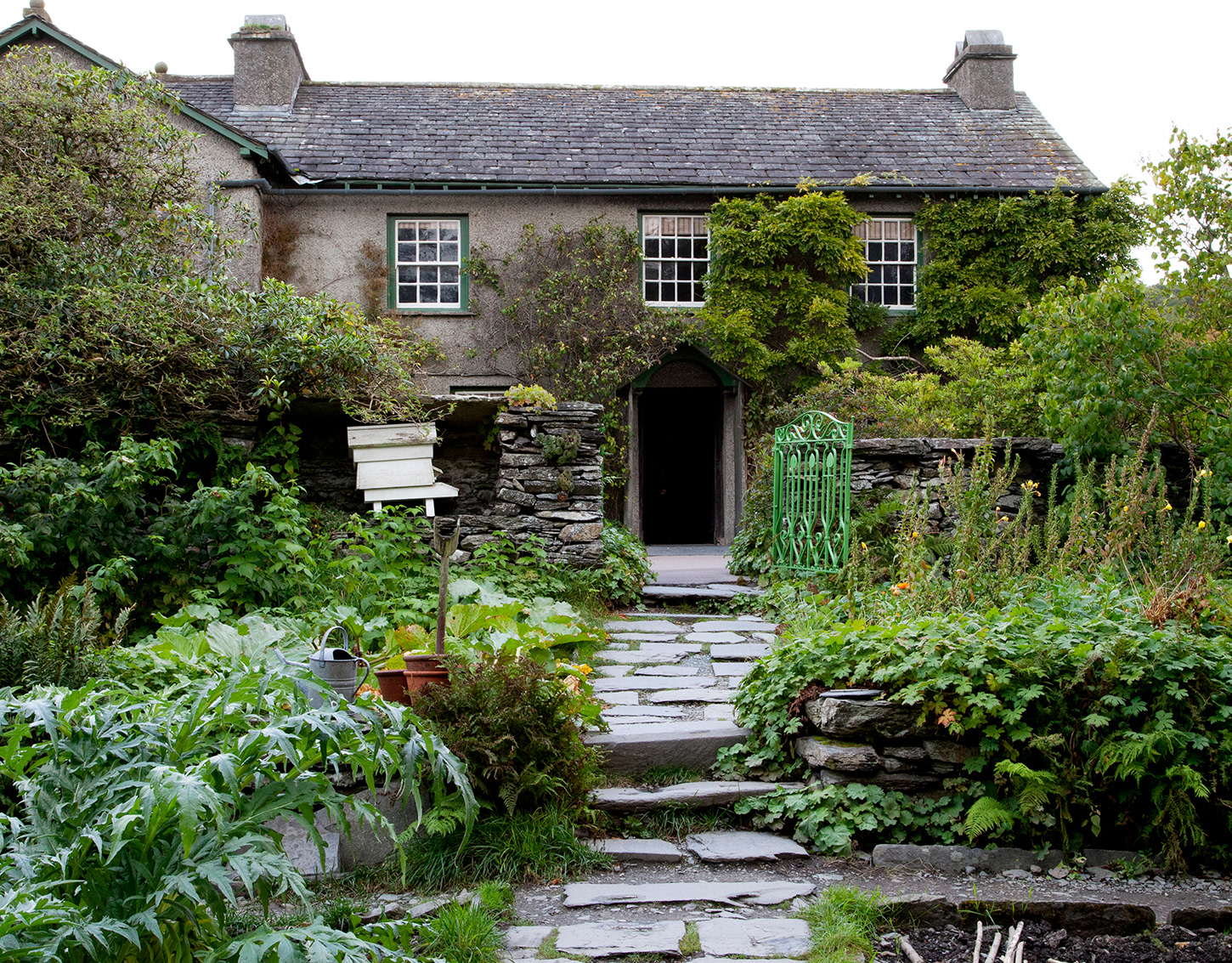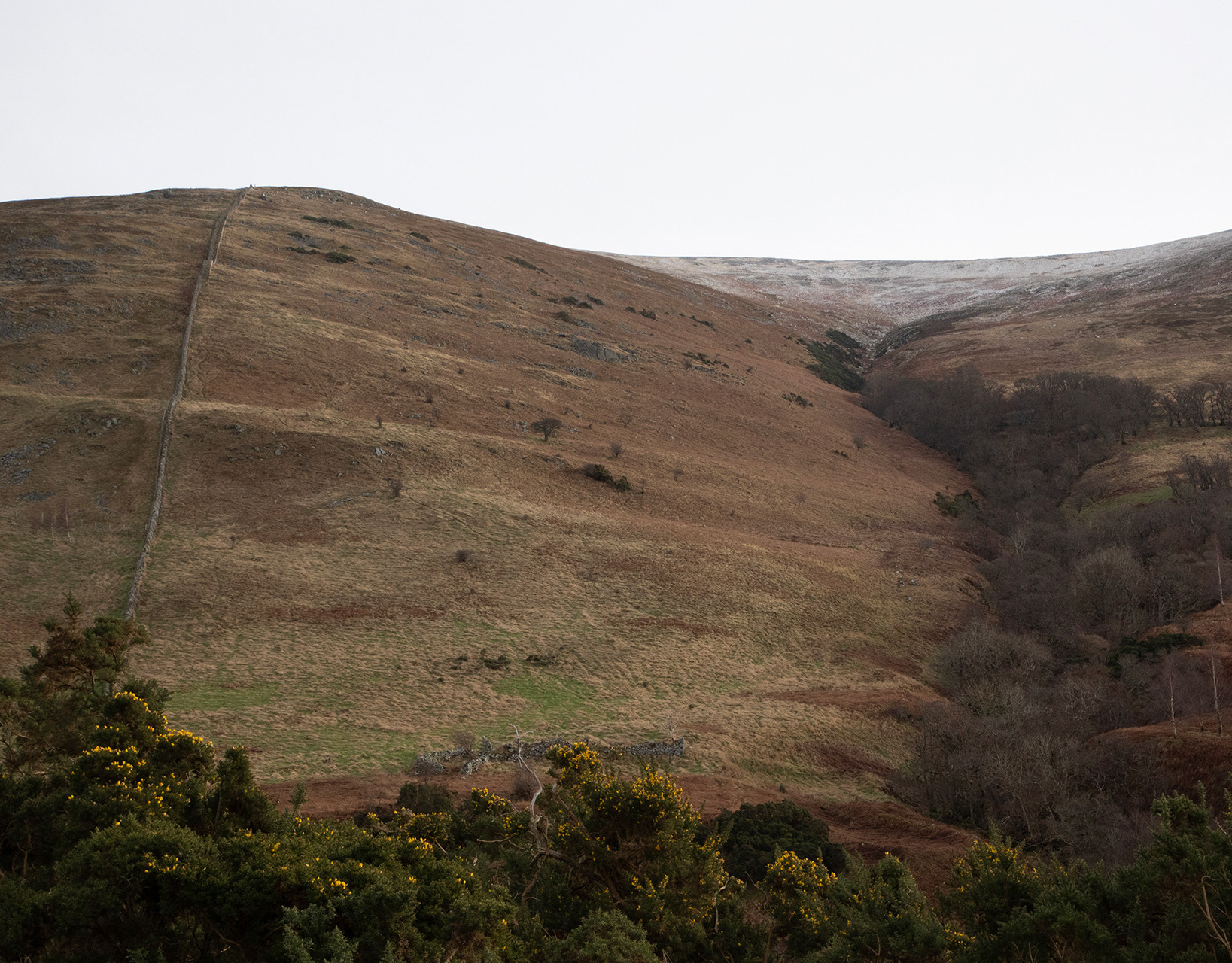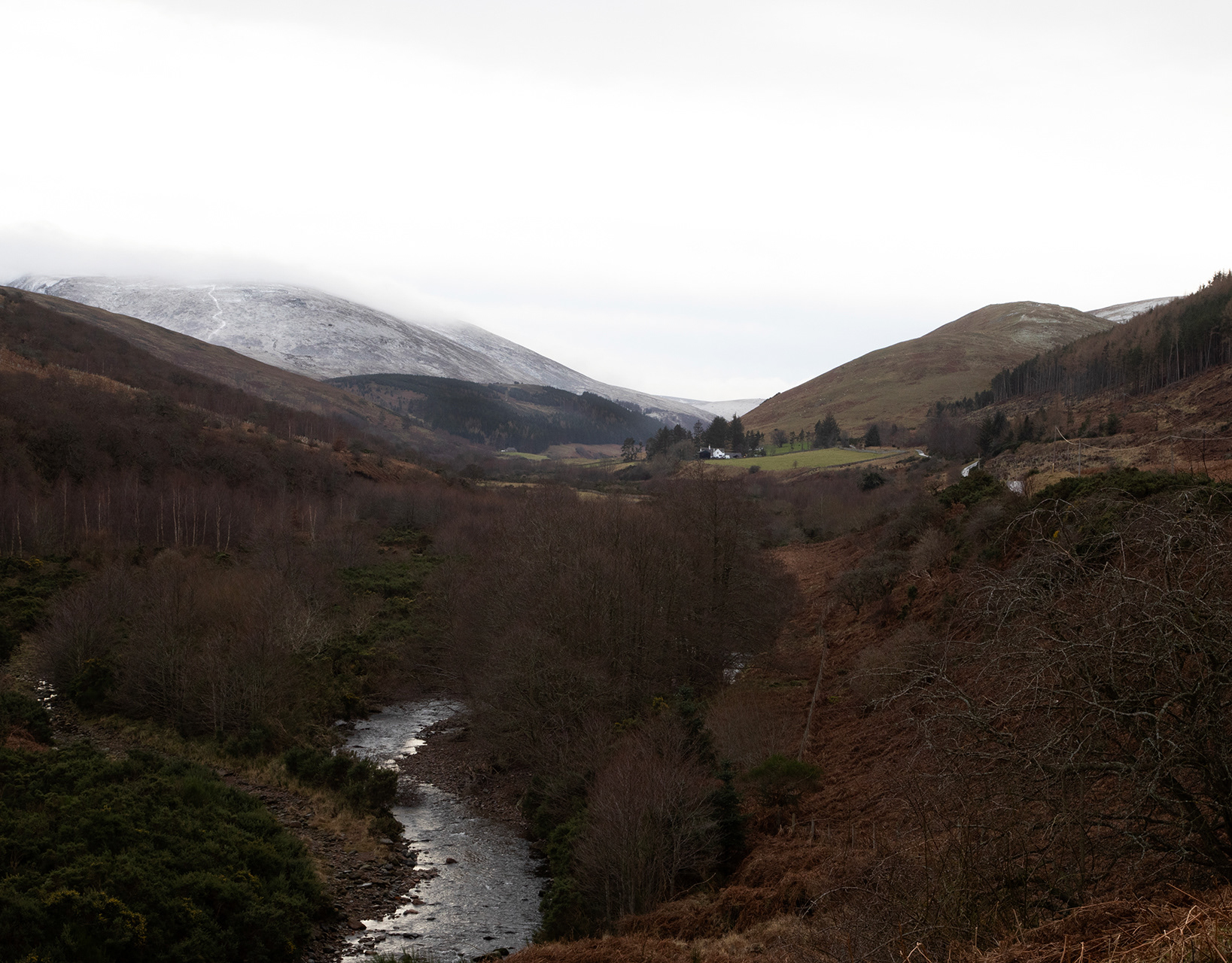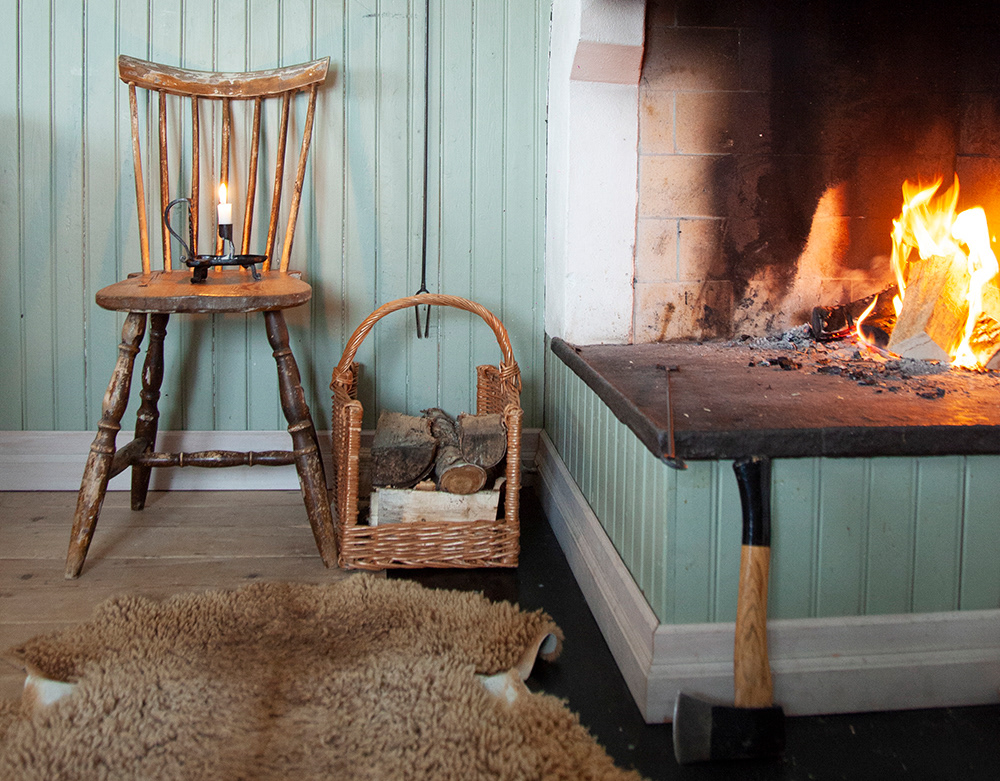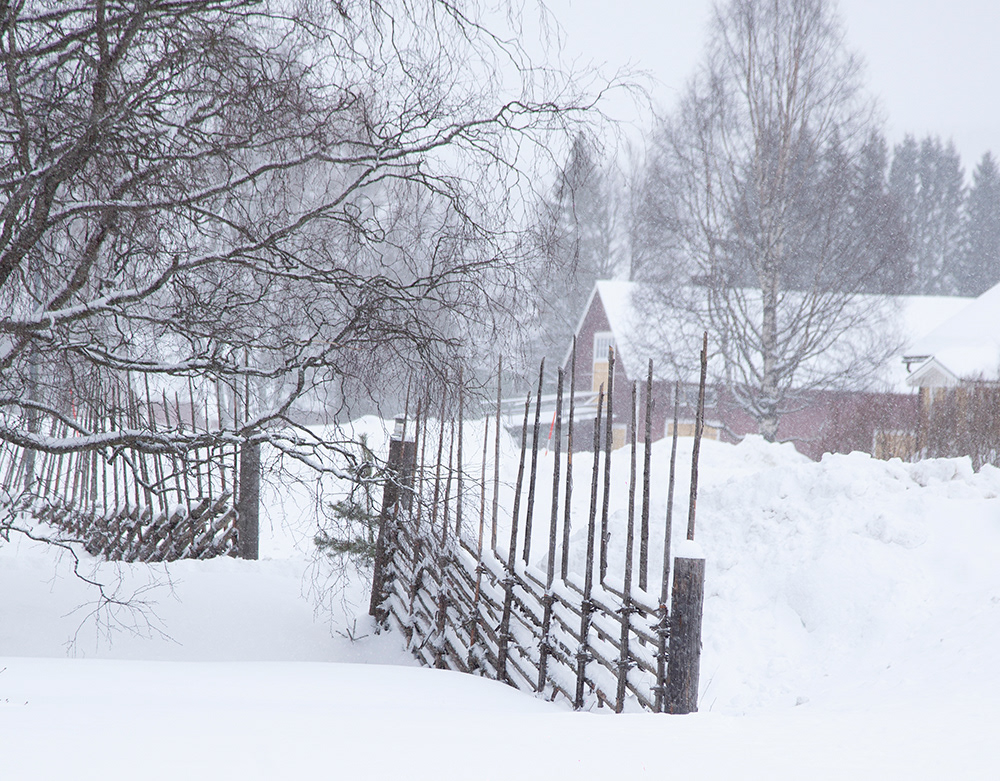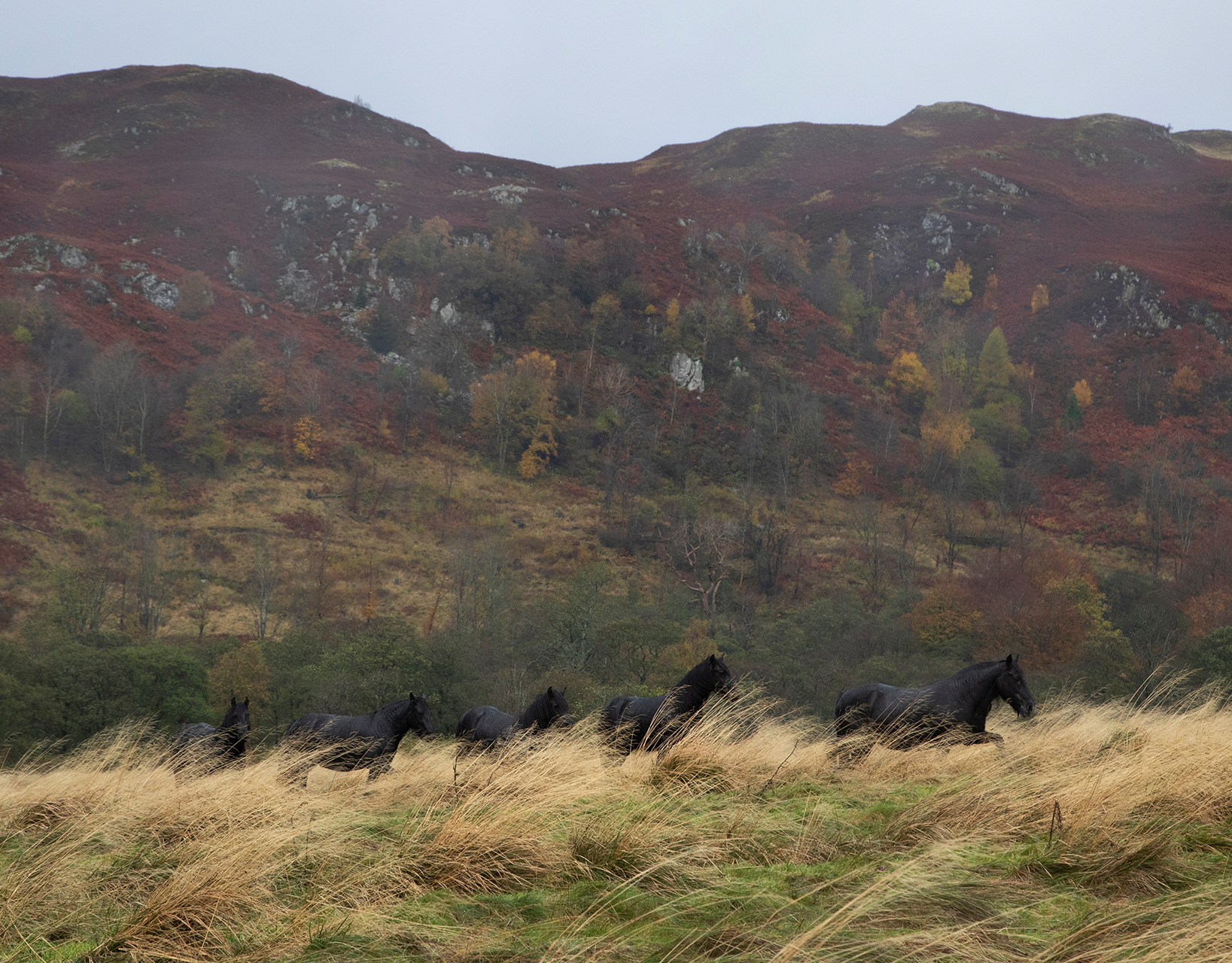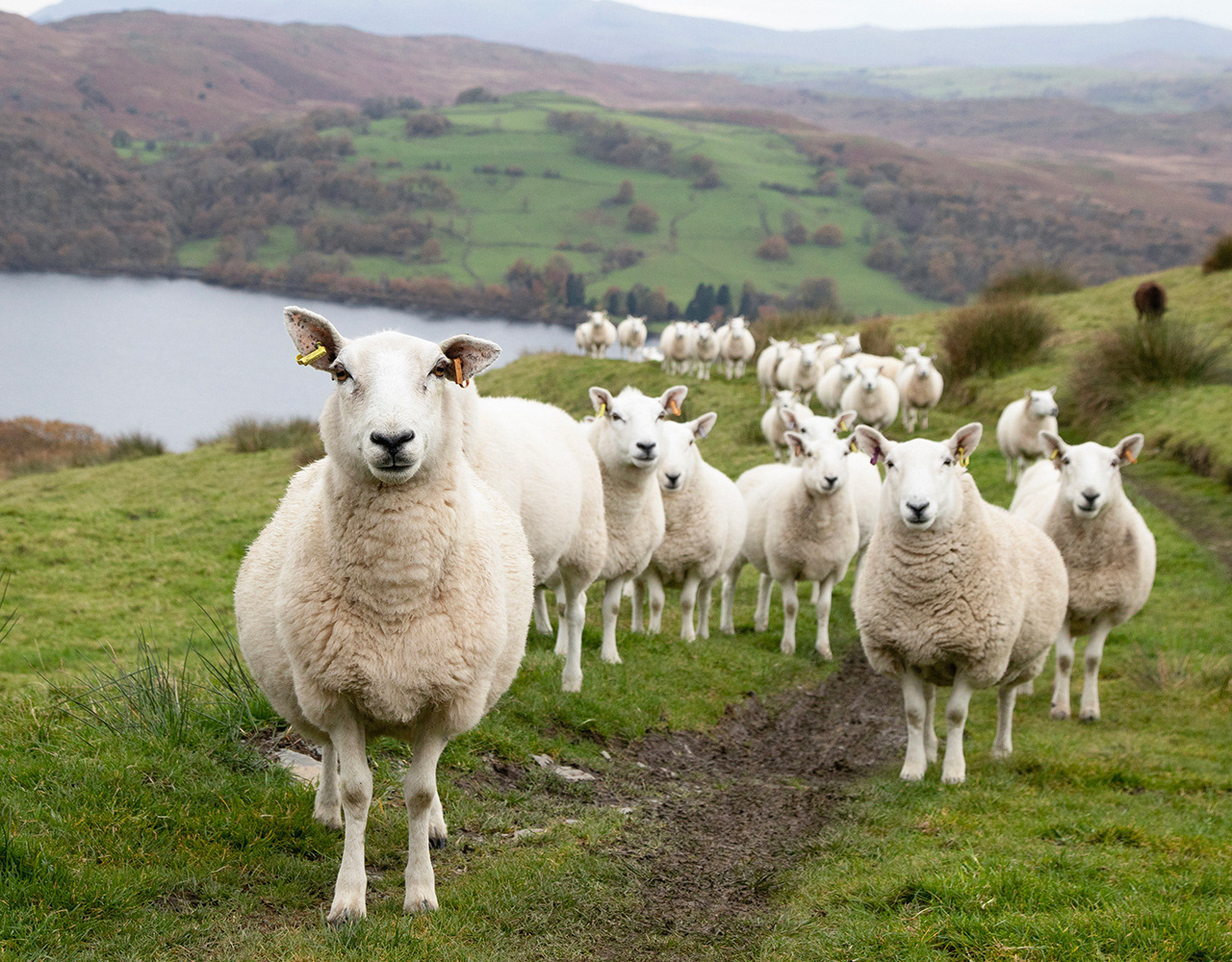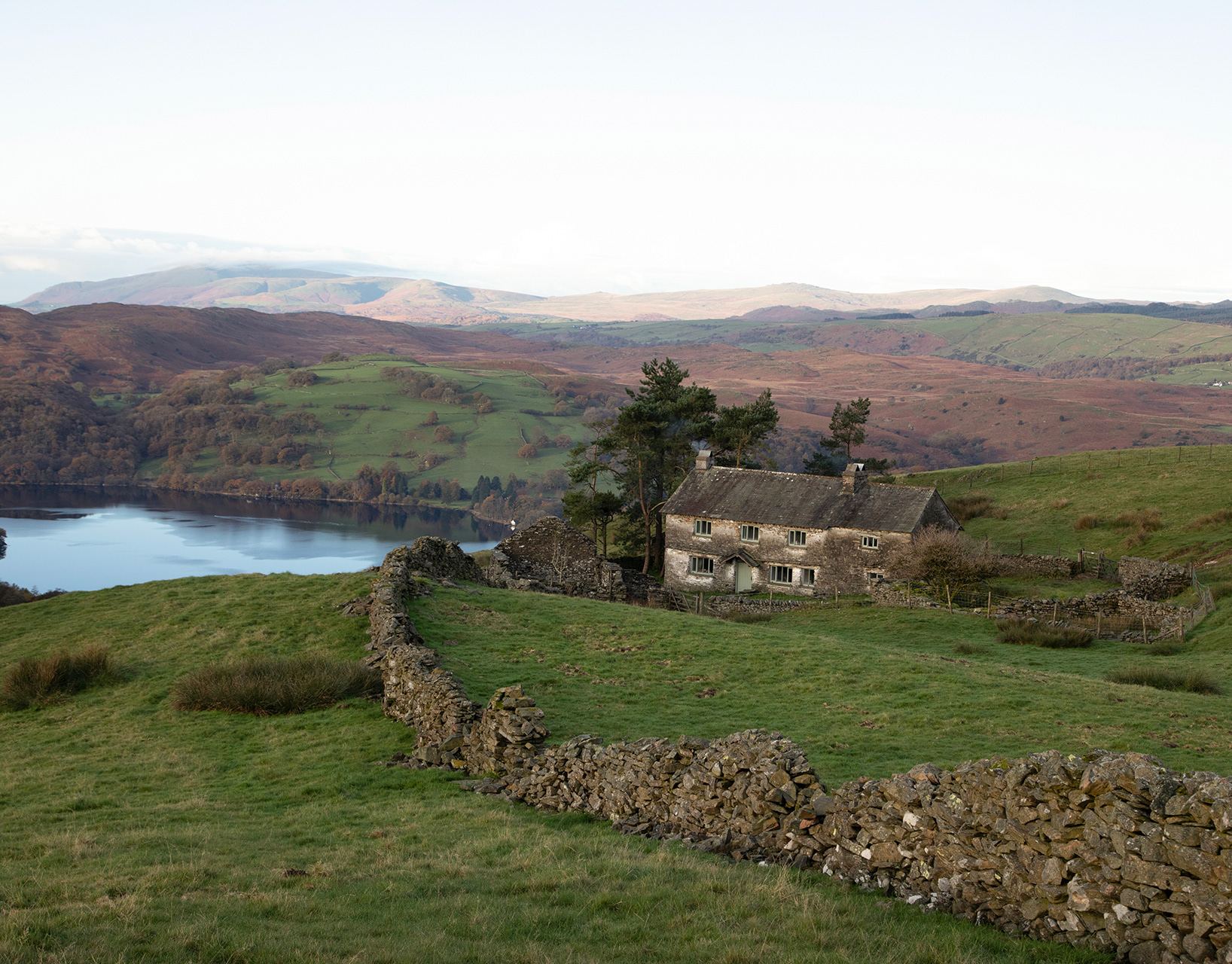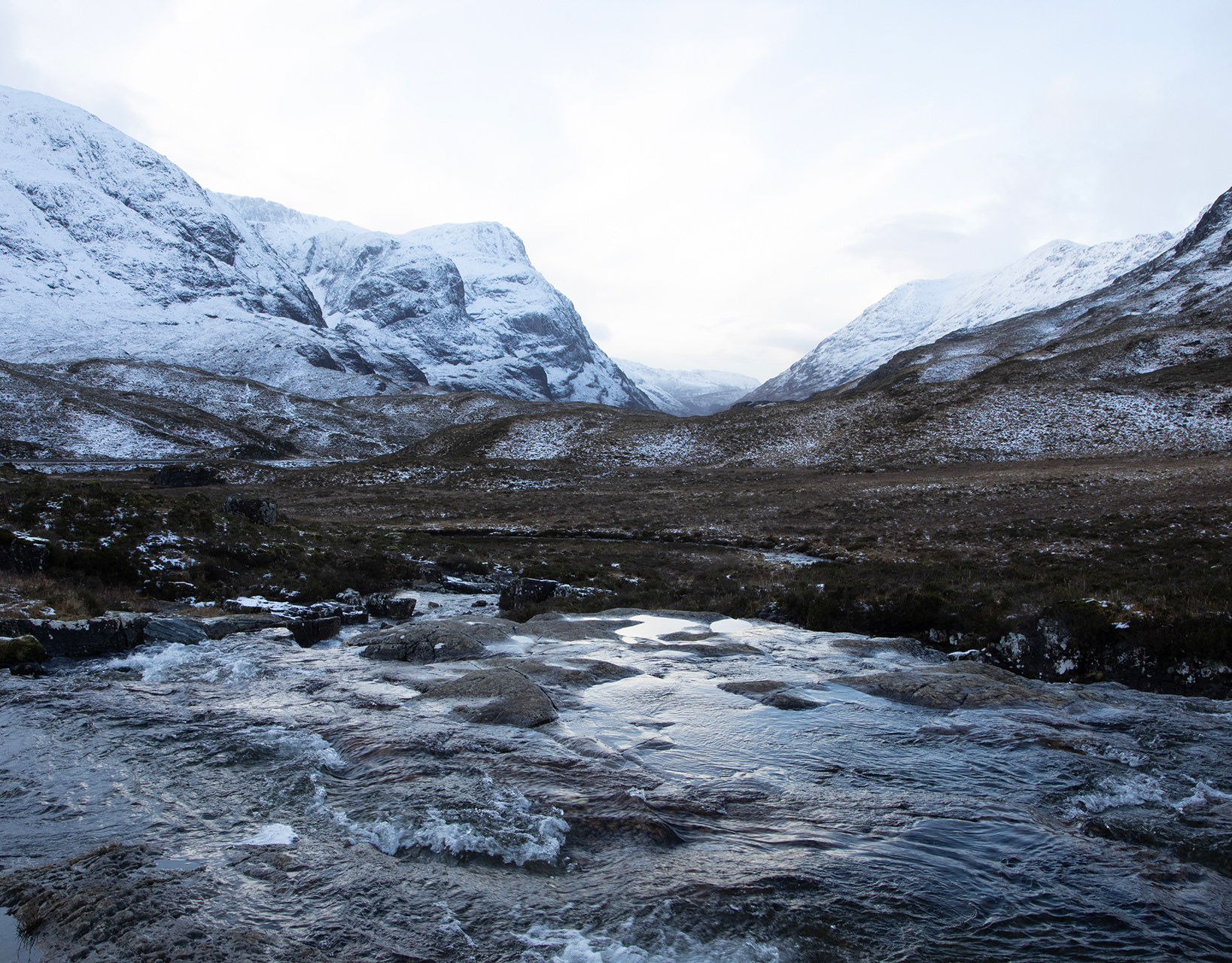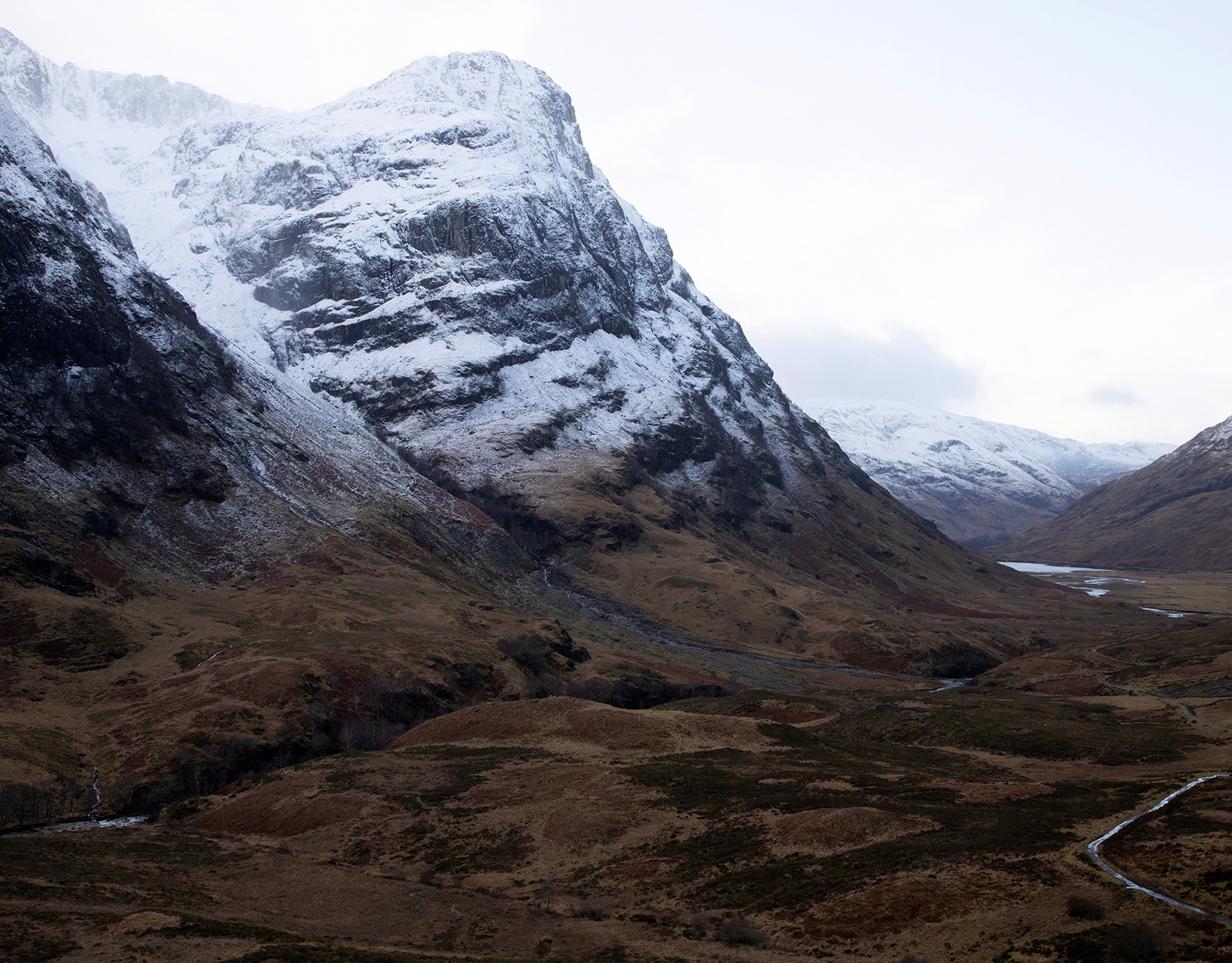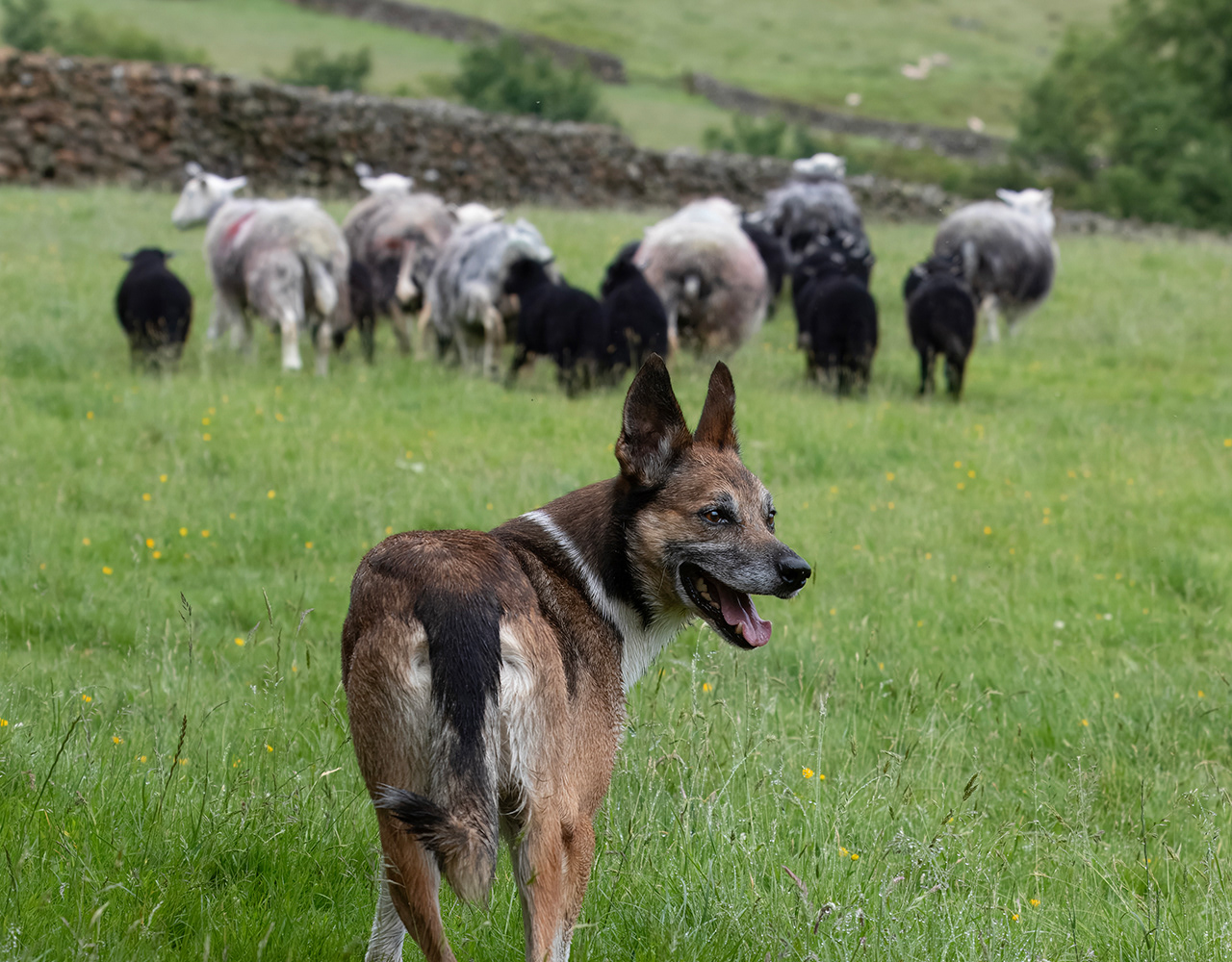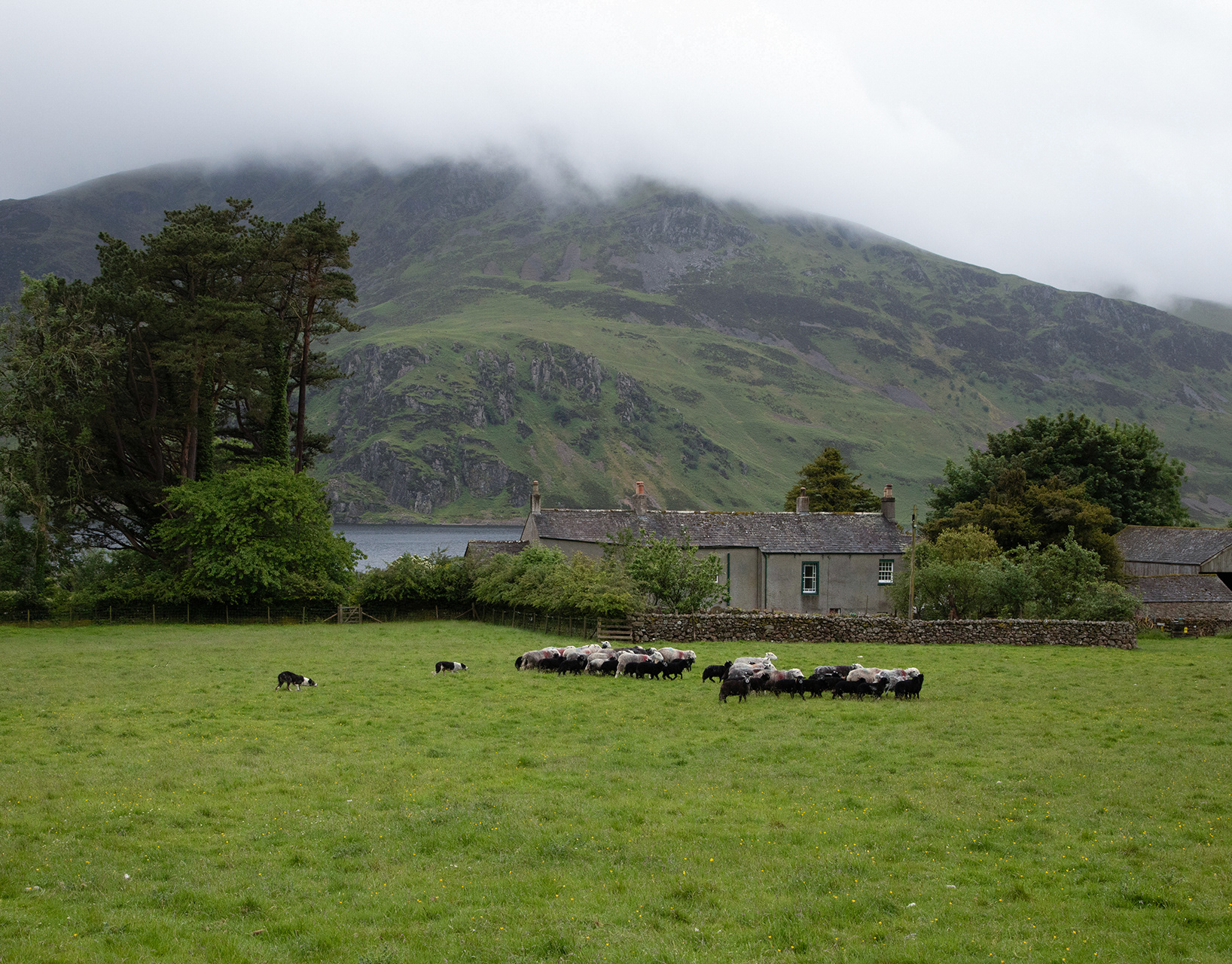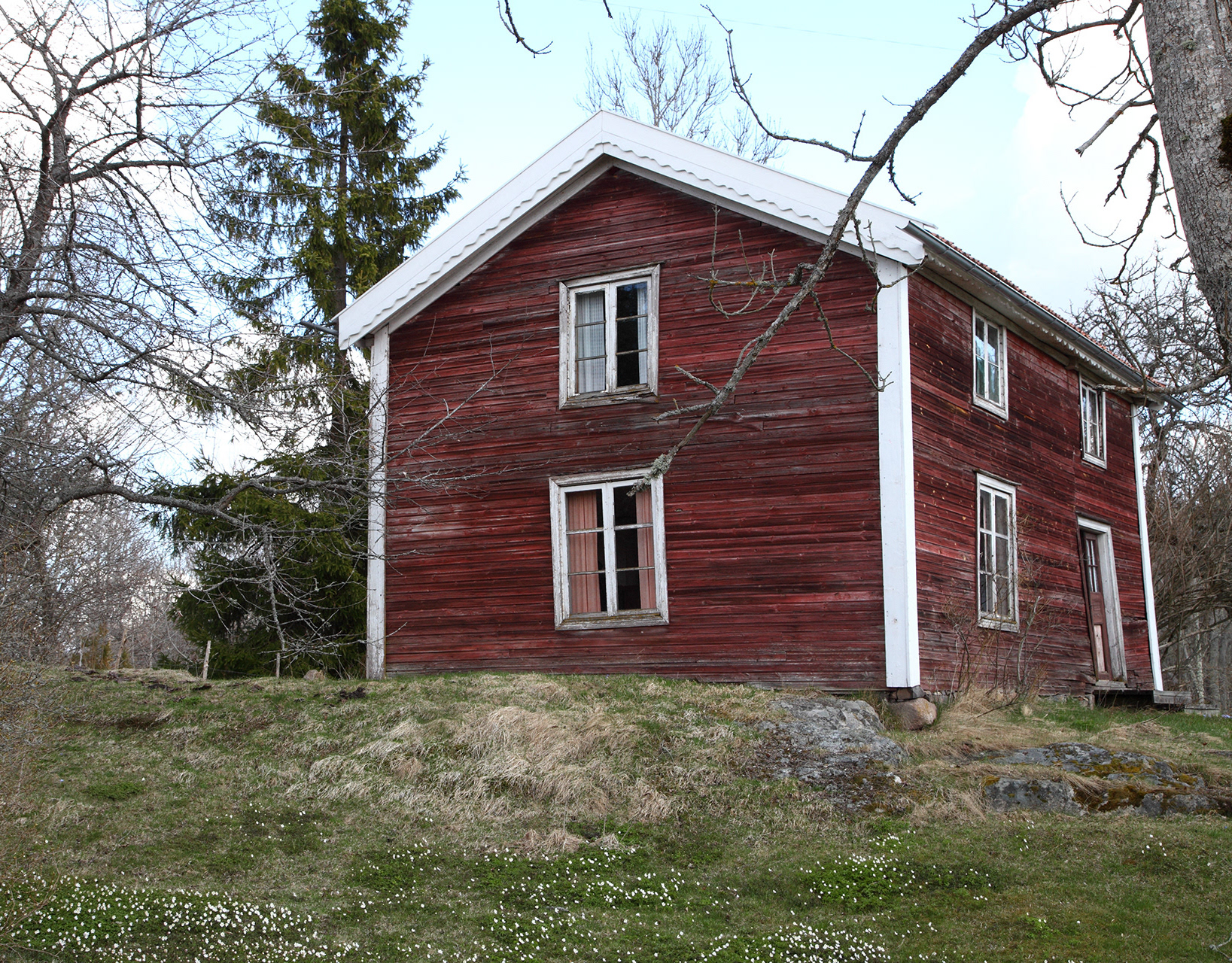River Cottage, Food to Inspire Change
Devon | UK
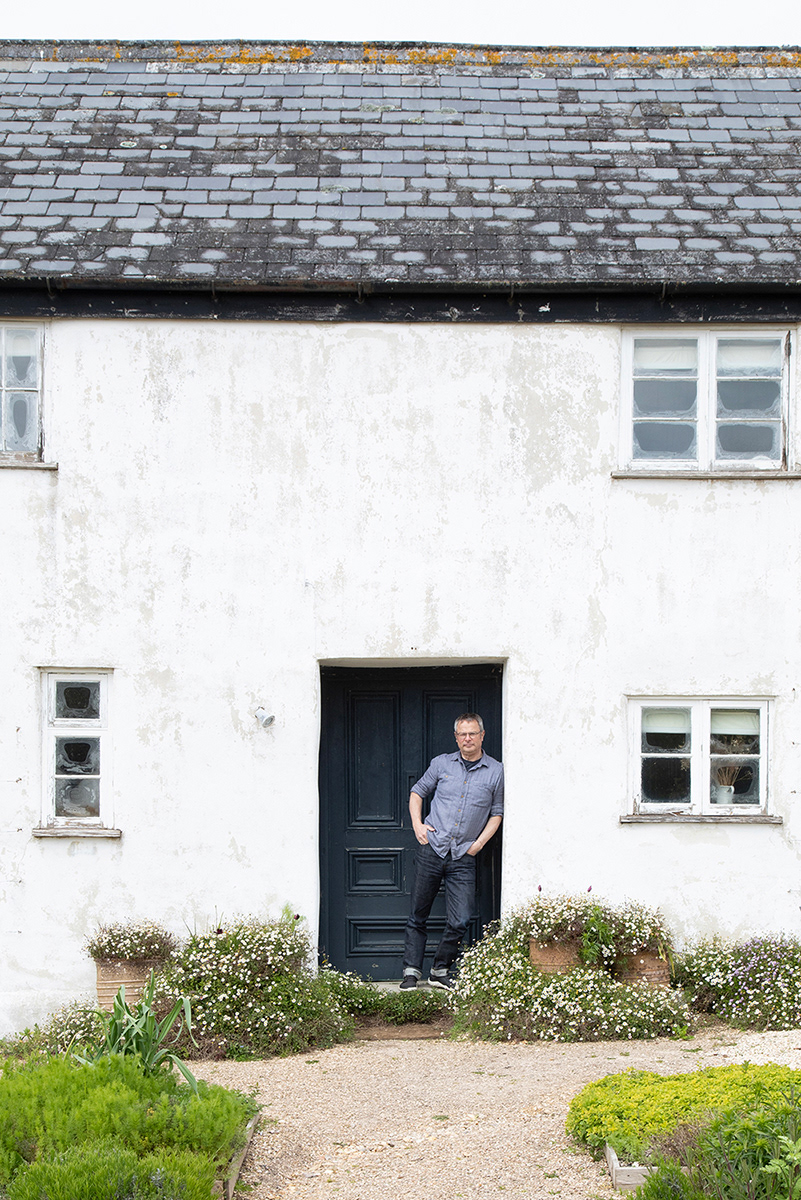
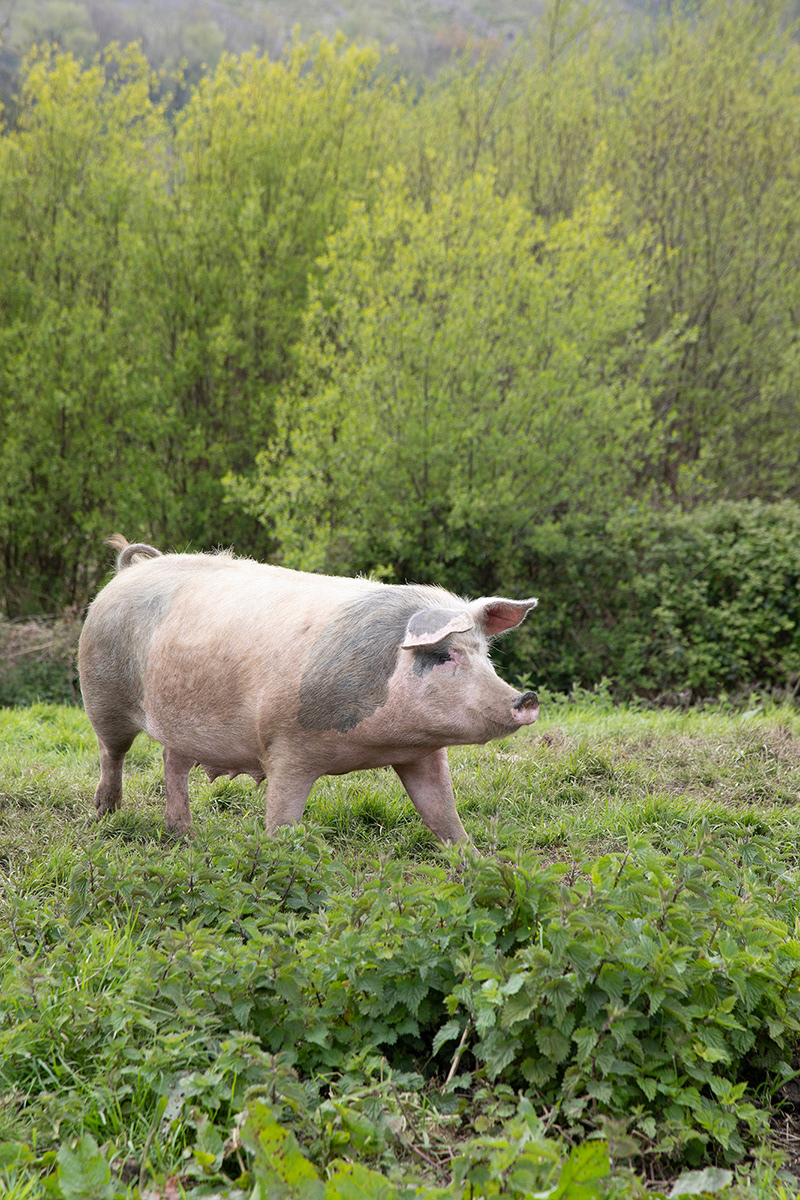
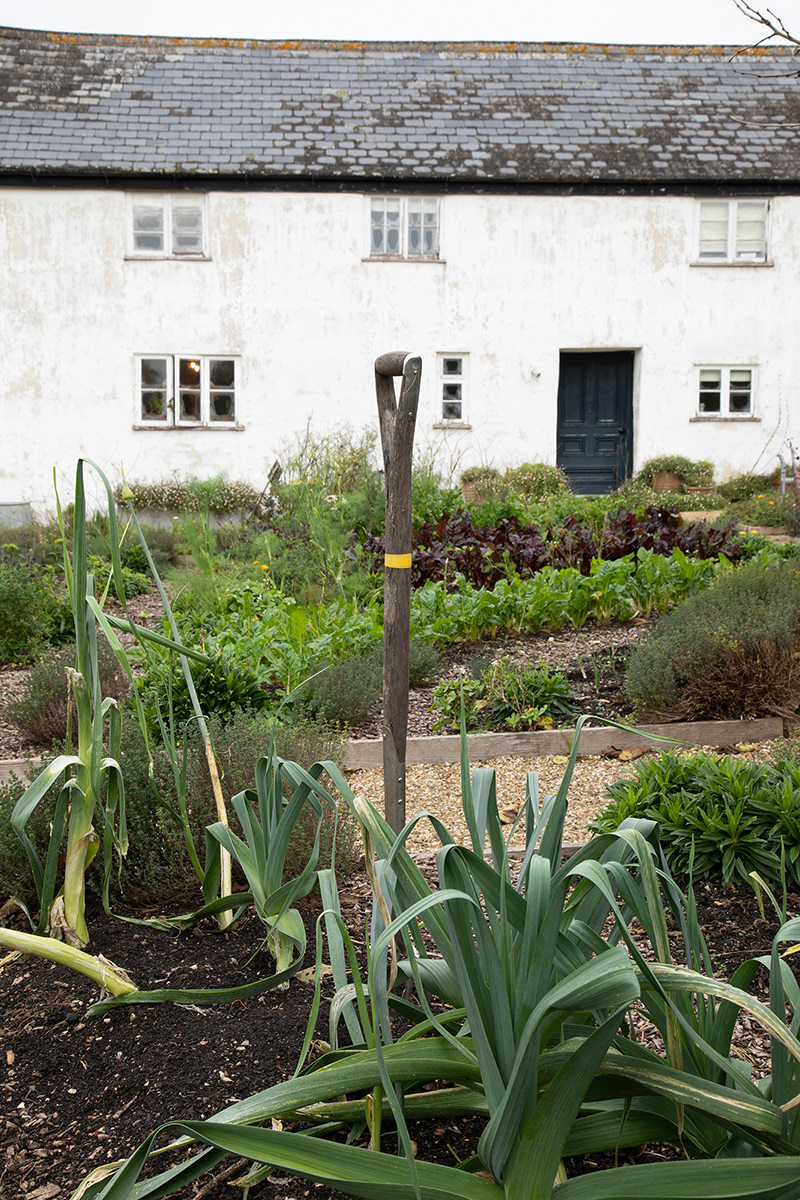
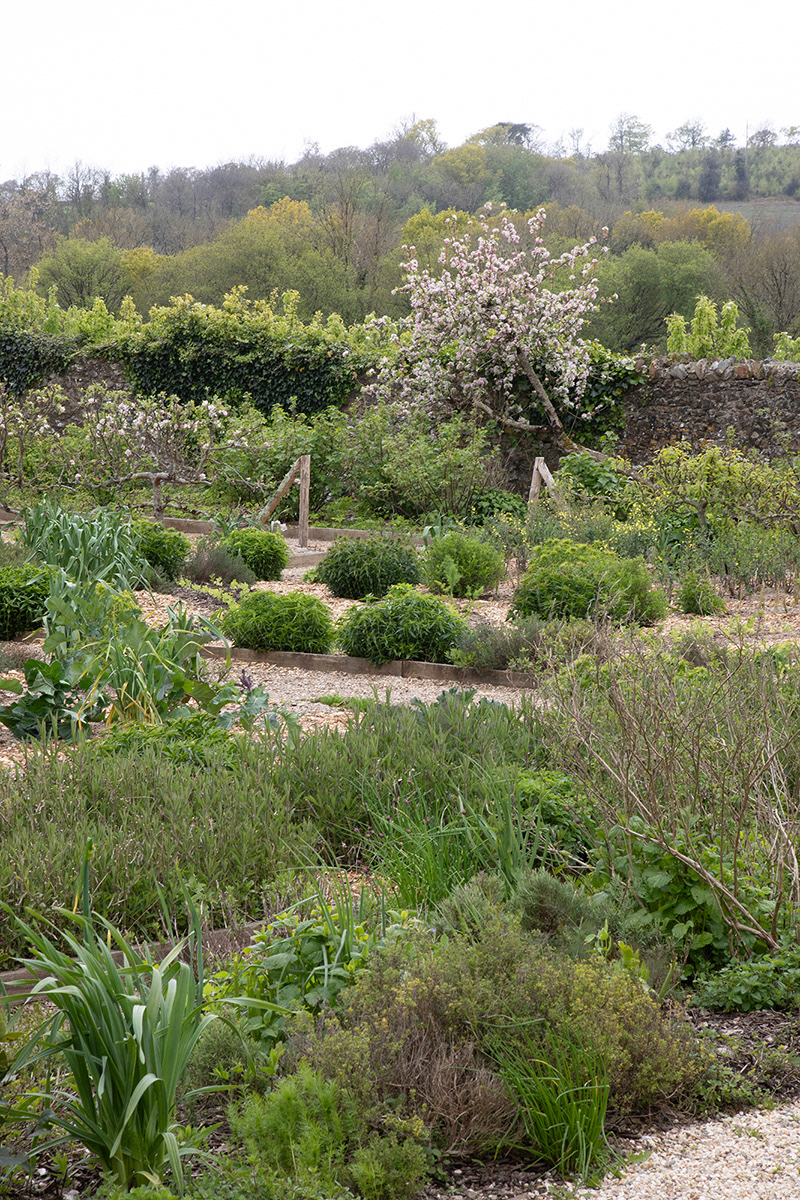
Hidden away in the hills of Devon, England, is the headquarters of the renowned English farm-to-fork pioneer and cookbook author Hugh Fearnley-Whittingstall, River Cottage HQ. From the old, whitewashed farmhouse, a team works on a mission they call "Food to inspire change", food that inspires you to think differently about food, where it comes from and the influence it has on you and the environment.
At these beautiful River Cottage Head Quaters I am meeting River Cottage founder Hugh Fearnley-Whittingstall.
You can find the interview below
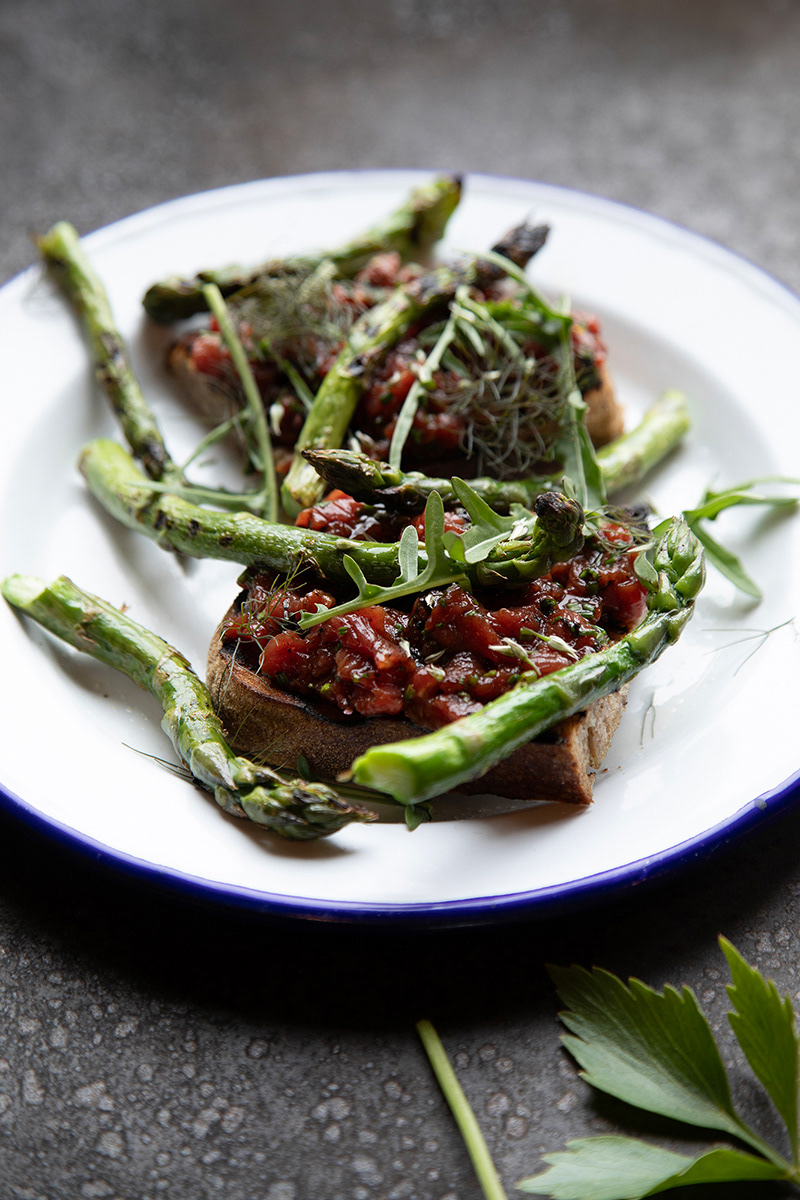
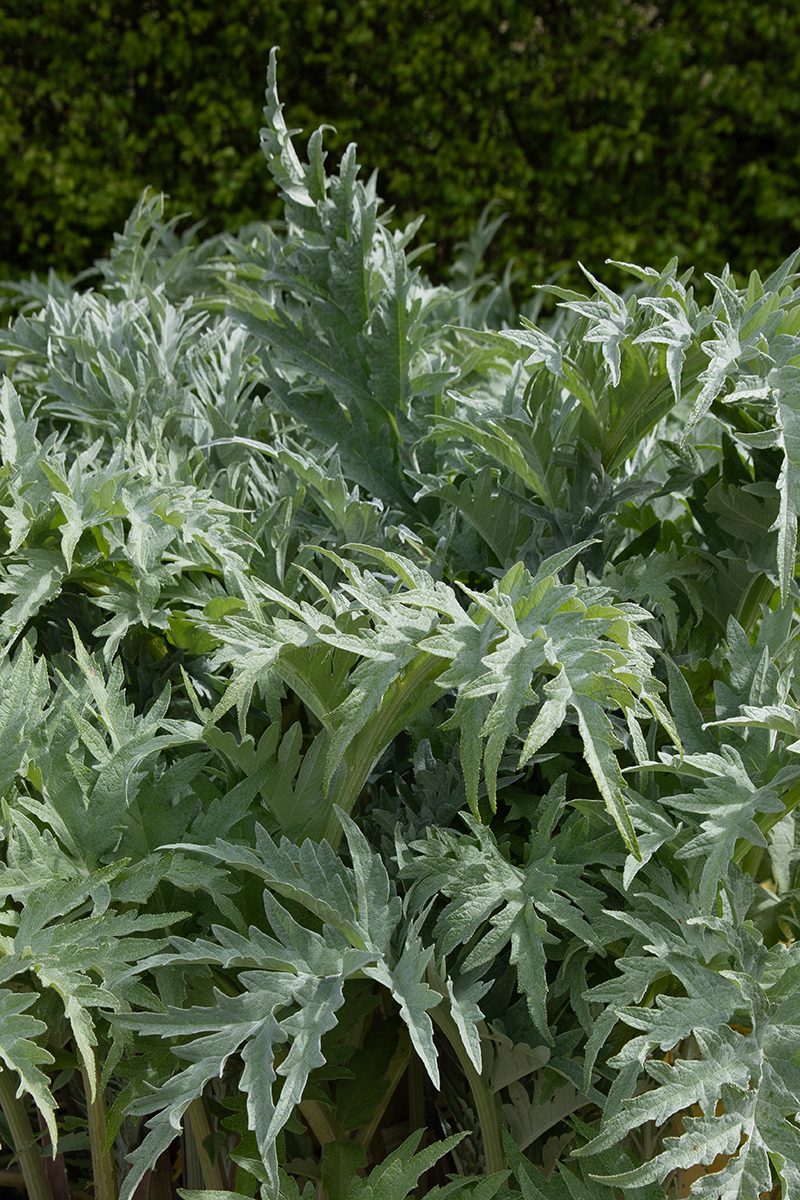
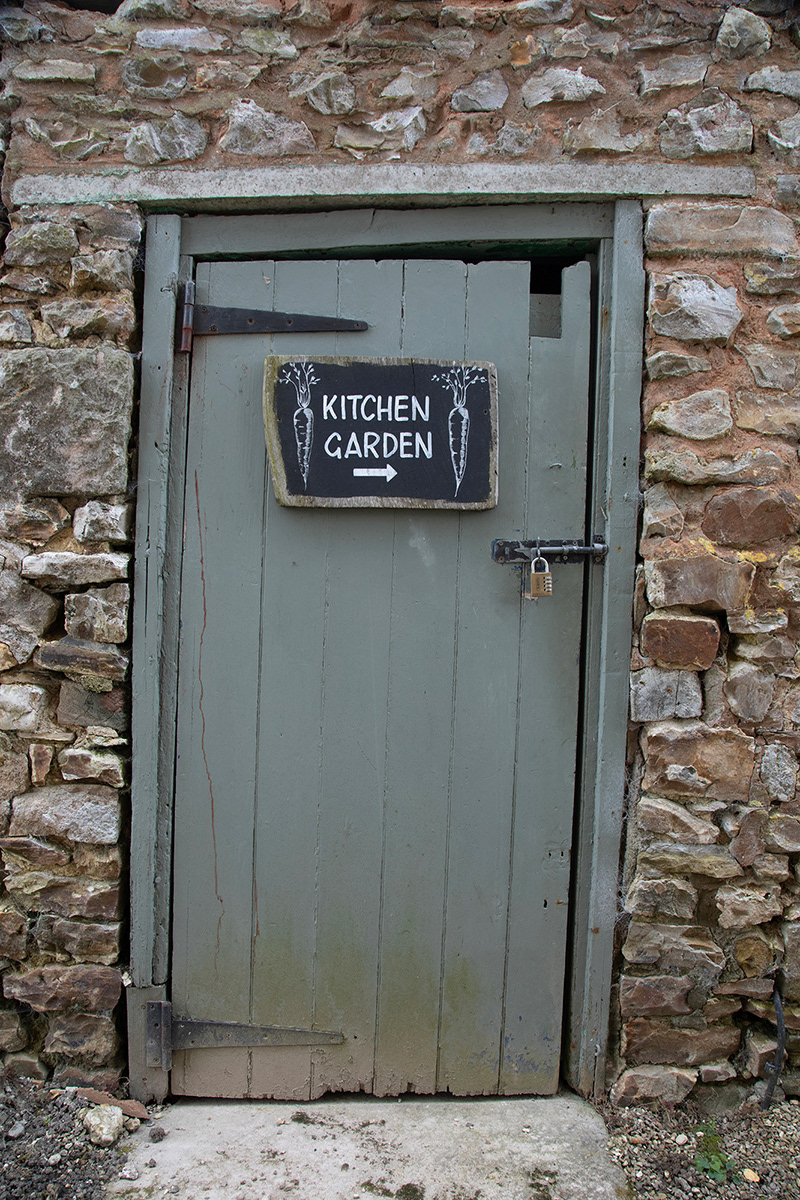
Hugh Fearnley-Whittingstall : 'Being organic is very important to us here at River Cottage. It's the way we raise our livestock, how we grow all our products and it's the core of our kitchen and the cooking workshops we give.'
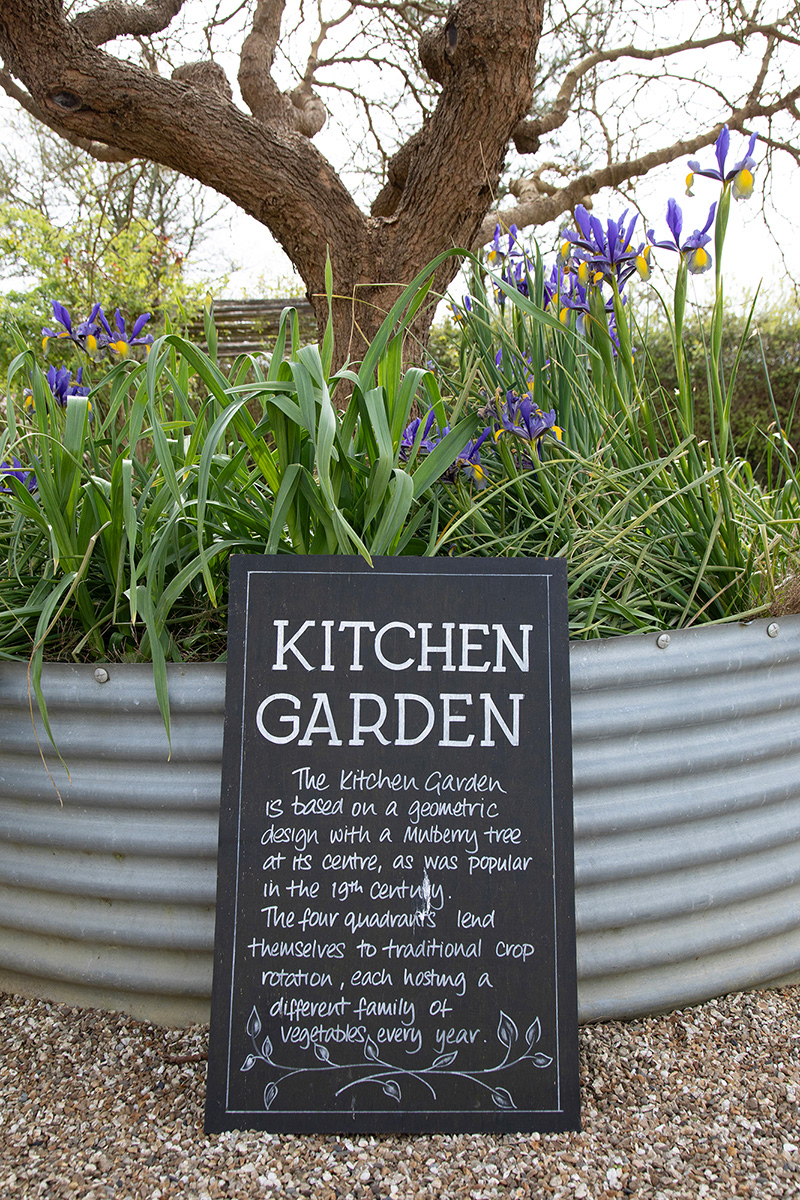
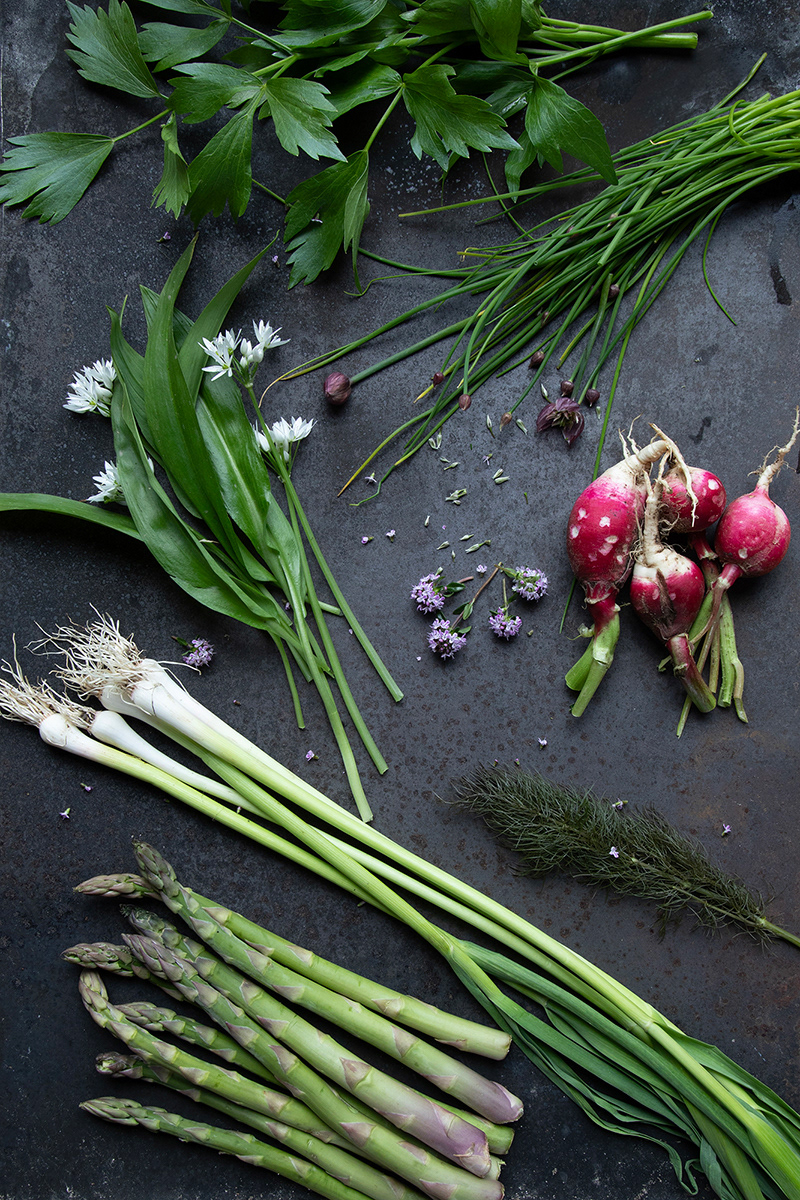
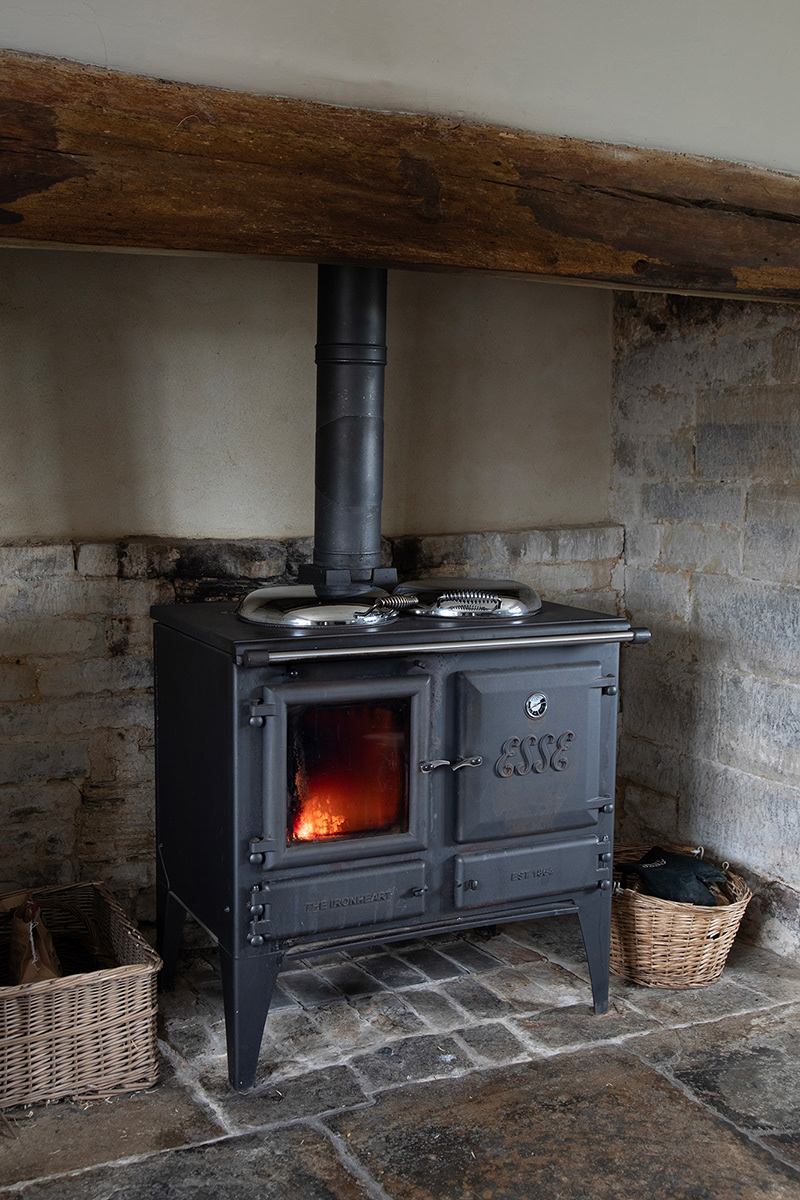
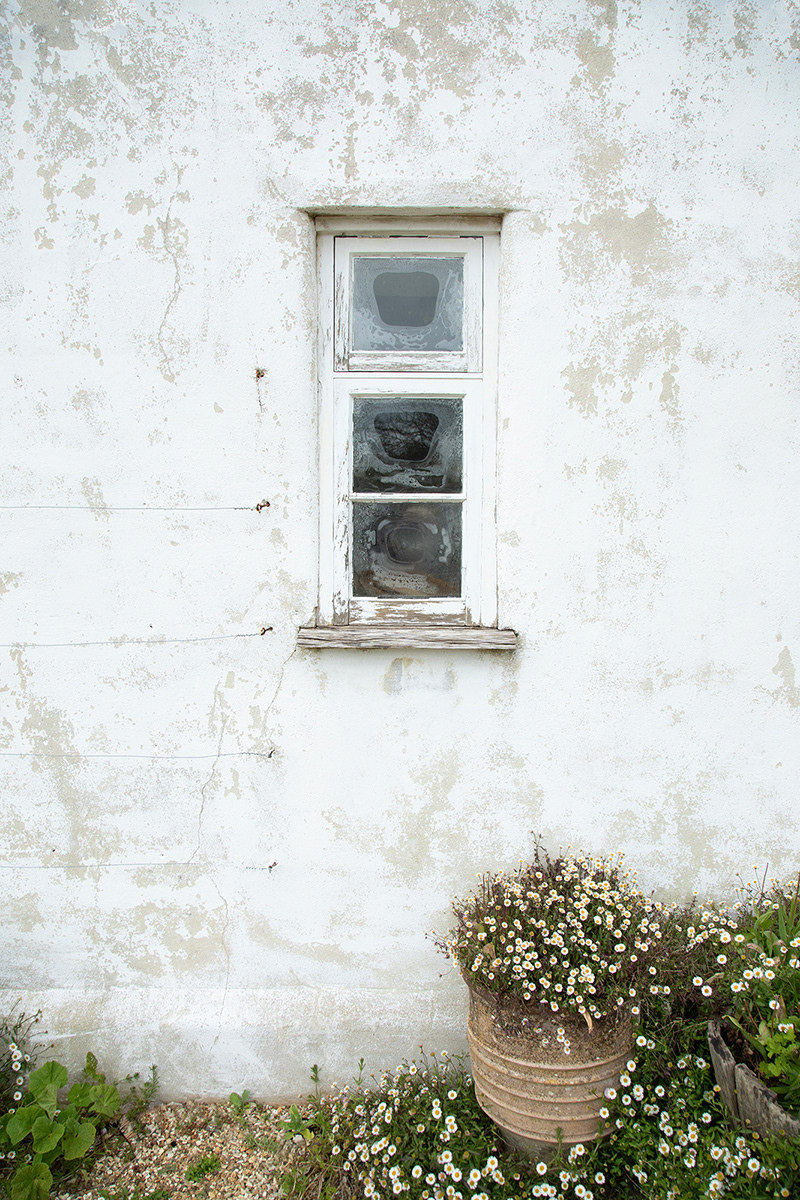
'Food is such an important part of our lives, it should at least have a good story, but preferably also bring some sort of an adventure.'
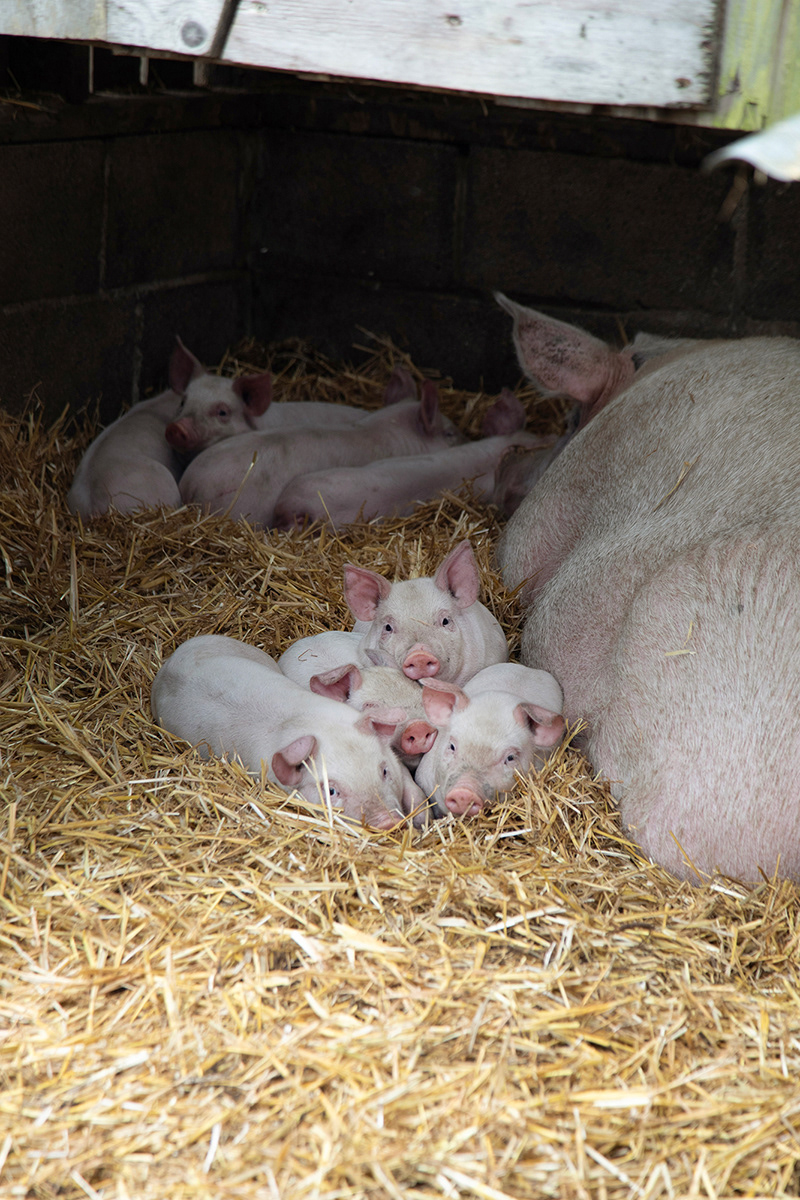
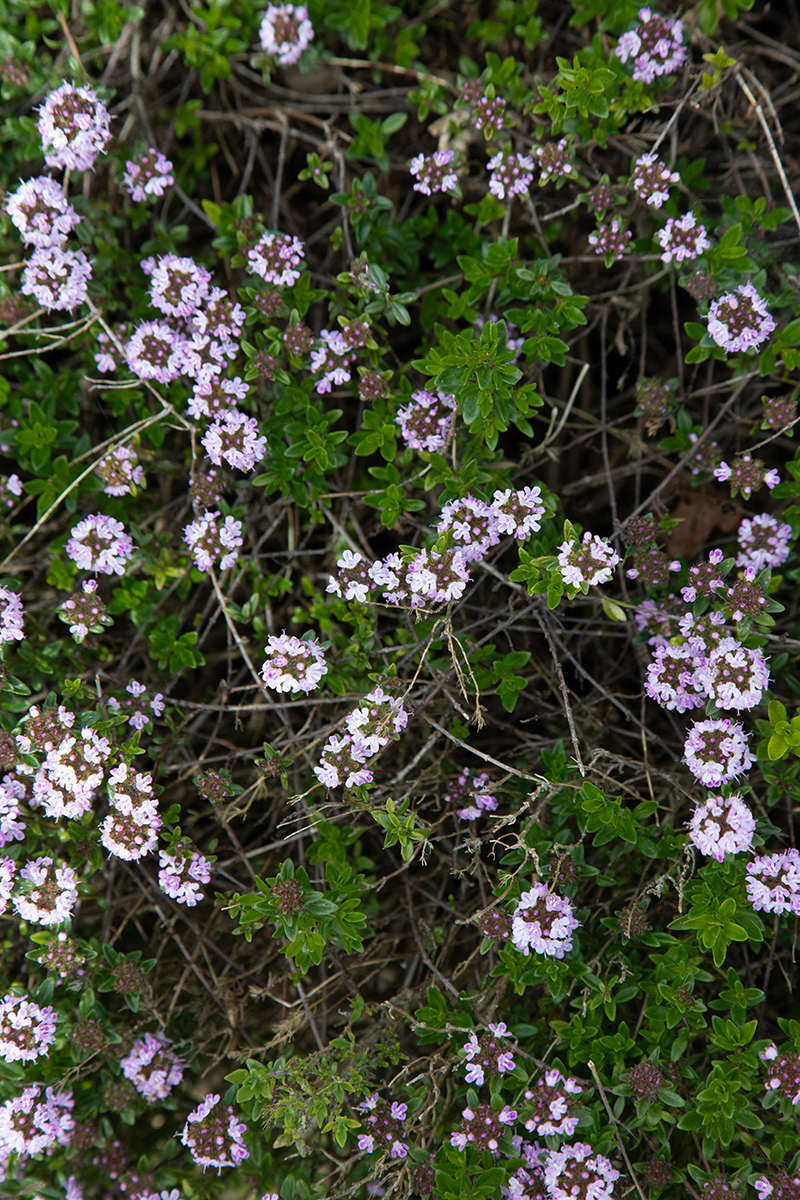
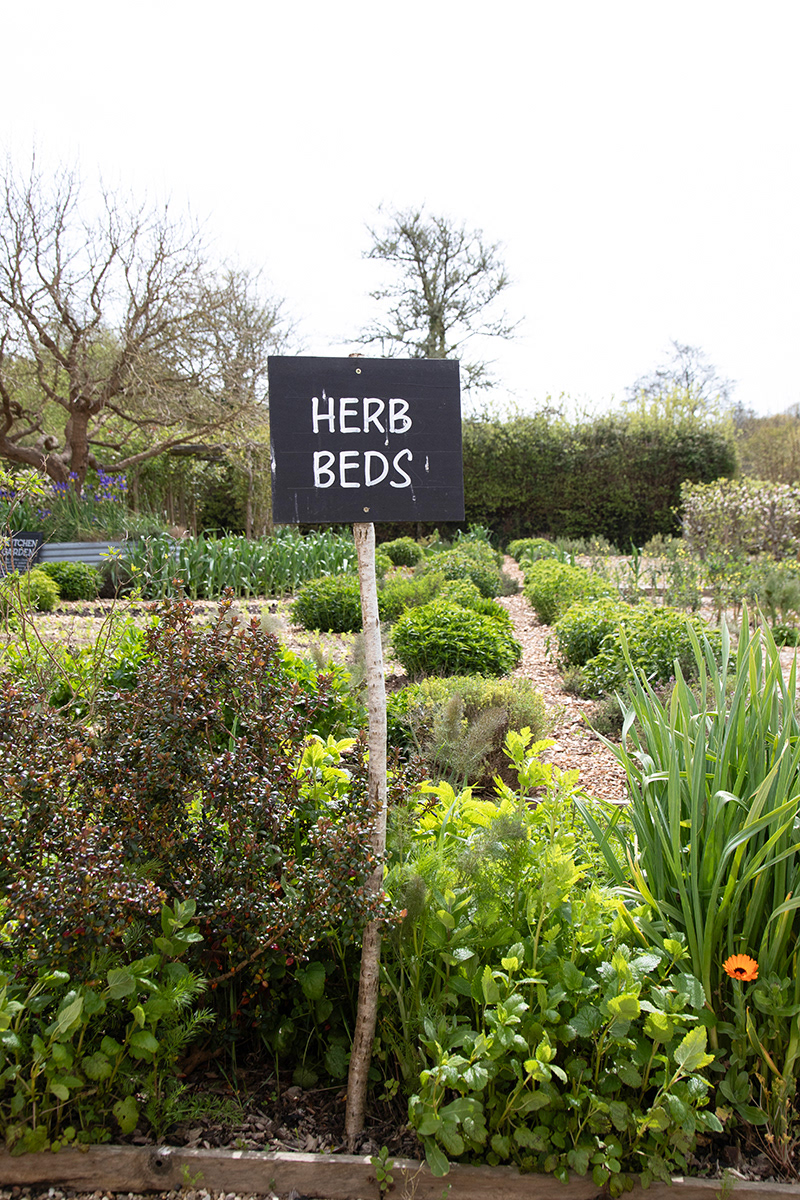
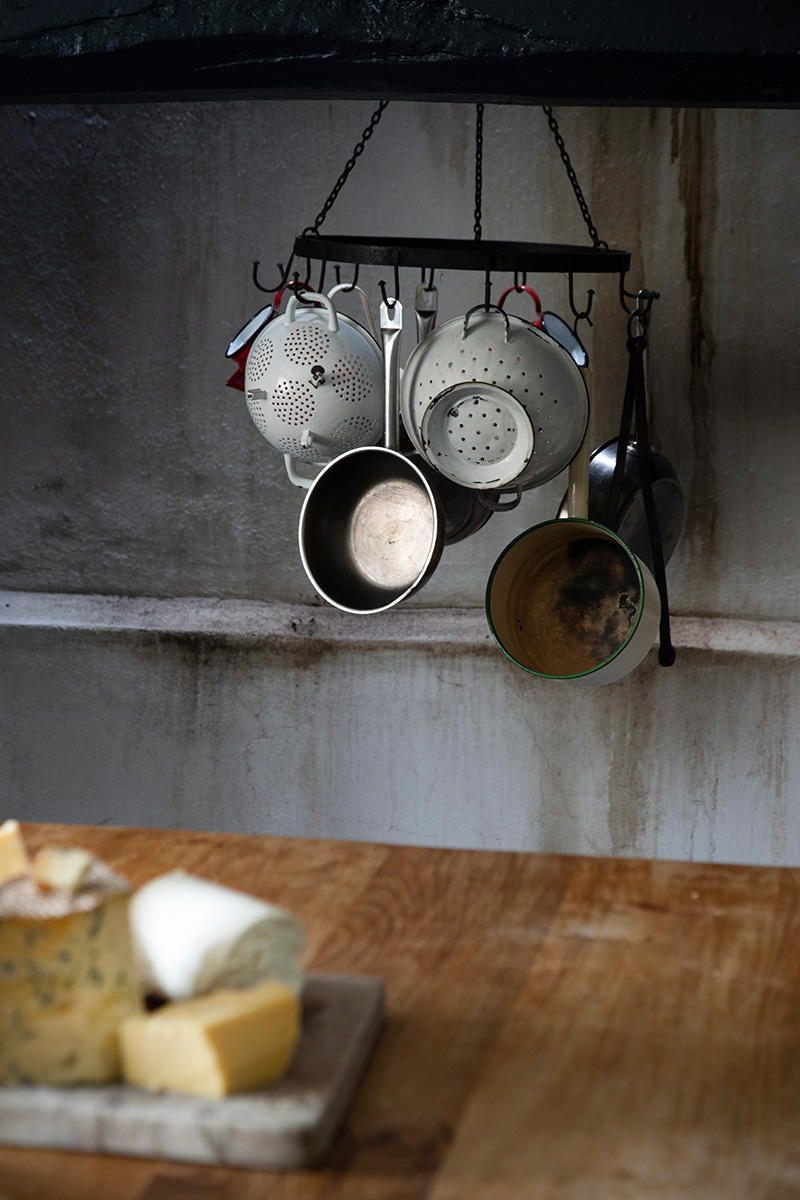
I open the door of the 17th-century white farmhouse where I have arranged to meet Hugh Fearnley-Whittingstall, founder of the River Cottage concept, bestselling author of dozens of cookbooks, journalist, TV presenter and environmental and food activist. I meet him in the cosy living room by a crackling wood-burning stove.
I see Park Farm on the door, isn’t the farm called River Cottage?
Hugh laughs, "No, the original River Cottage is a small red stone cottage by a river. I rented that cottage in 1997 with a few friends to get away from London at weekends and be in the countryside. I stayed longer and longer in the house and less and less in the city. After two years, the idea came up to make a TV program there. For me, that was the perfect excuse to spend a summer really living completely outdoors, growing my own vegetables and raising chickens and pigs. That was what the TV show was about, leaving the city to start a better life in the countryside and cooking with what you have grown yourself. It was a fantastic summer and the start of a whole series of River Cottage TV seasons during which I also started writing River Cottage cookbooks.
In 2006 we bought this farm, Park Farm. At that point, River Cottage also really became more than just a TV show with cookbooks. Besides the farm where we grow vegetables and keep animals, we started the cookery school and made a place for events in the old barn. We are now almost approaching our 20th anniversary here!"
How did you start cooking?
"My mother taught me how to cook when I was very little. My parents escaped the city when I was 5 years old. They rented a small farmhouse in the countryside. We moved in the summer, the vegetable garden was still there, left behind by the previous residents. There were rows of carrots and peas, ready to harvest.
As a city child I loved it in the countryside, being outside all day. I was always very disappointed with bad weather. But my mother would take me into the kitchen and teach me how to cook. When I was about 7 years old I pulled all kinds of cookbooks off the shelf and cooked all sorts of things. Especially sweet things because I liked them best as a child. I made all the desserts for my mother's 70s dinner parties: profiteroles, lemon mousse, Schwarzwalder kirsch cake.
Later on, I initially envisioned a career as a journalist and writer. When, after university, I was researching a book about nature conservation and wildlife in Africa, I started working in the kitchen of the famous River Cafe in London through a friend. Nothing more came of the book I was working on, and I pledged my heart to cooking and writing about food. With a friend I pitched ideas for TV programs and that's how I ended up with an idea about foraging and cooking in English TV in 1995."
Can you tell us a bit more about the philosophy of River Cottage?
Everything we do with River Cottage has been based on the same philosophy all these years; Making people aware about their relationship with food, where it comes from and how it is grown and prepared. River Cottage wants to invite people to learn more about food and make them more aware about what they eat.
Millions of people rely on industrially produced and ultra-processed food. That's what many people eat all the time. But you don't know where it comes from, have no relationship with the people who produced and prepared it, in short, a lot of people are incredibly distant from the food they eat.
I find that the further we move away from industrially made food and the closer we get to the origin of our food, the better we feel, physically and mentally, because your food has a good story. Food is such an important part of our lives, it should at least have a good story, but preferably also bring some sort of an adventure.
So the story behind food is important?
Yes! Nowadays, a lot of the food we eat doesn't really have a story at all. But if you grow it yourself or go foraging, what you eat gets a story. Or even if you just go to the farmer's market and meet a woman who keeps rare breed pigs and makes fantastic bacon and tells you about the bacon and the pigs, you do get a story about the food. That is so different from going to the supermarket where you take the bacon out of the refrigerator section and would rather not think about what the pig looked like and how it lived. Our food tastes and nourishes us better when it has a good story. And through that awareness you learn to look at food more critically. We hope this will bring people closer to the source of their food.
I don't buy anything from the supermarket. What we don't grow ourselves, we buy from neighboring organic farms and small local shops. My advice is: buy locally as much as possible, at farmers' markets, from small businesses in the area, from organic farms or join a local organic delivery service. There you will find healthy food with a story.
You wrote several books about cooking with vegetables, has your opinion about eating meat changed?
Slightly maybe, but I already wrote in the River Cottage Meat Book, which came out in 2004, that we really should eat less meat and that hasn't changed. But at River Cottage we also do cook with meat and fish.
But it is often the case that when you prepare a piece of meat, all the attention goes to that piece of meat and vegetables come second. That's a real shame. That's why I became a vegetarian for six months for my veg cookbooks, I really wanted to focus on putting vegetables in the spotlight and preparing them in a more interesting way. Many things that you originally do with meat, we now do here with vegetables, we roast it, we grill it and we bbq it, there is so much possible with vegetables!"
"Ever since River Cottage first appeared on television,” Hugh concludes, “I’ve been advocating for a better understanding of where our food comes from and the impact our choices have. And for nearly thirty years, River Cottage has been committed to the vision that food can bring about positive change in our lives and in the world. And now more than ever, we are committed to seasonal, local, organic and wild products and invite everyone to join us on this sustainable journey!"
When I close the door of the old white farmhouse behind me and walk back up the hill to the parking lot, the late afternoon light shines over the hills and on the farm. The place where a lot of knowledge about food is shared with so much passion.
Photography + words: Anna Rubingh
Published in Seasons Magazine (NL)

